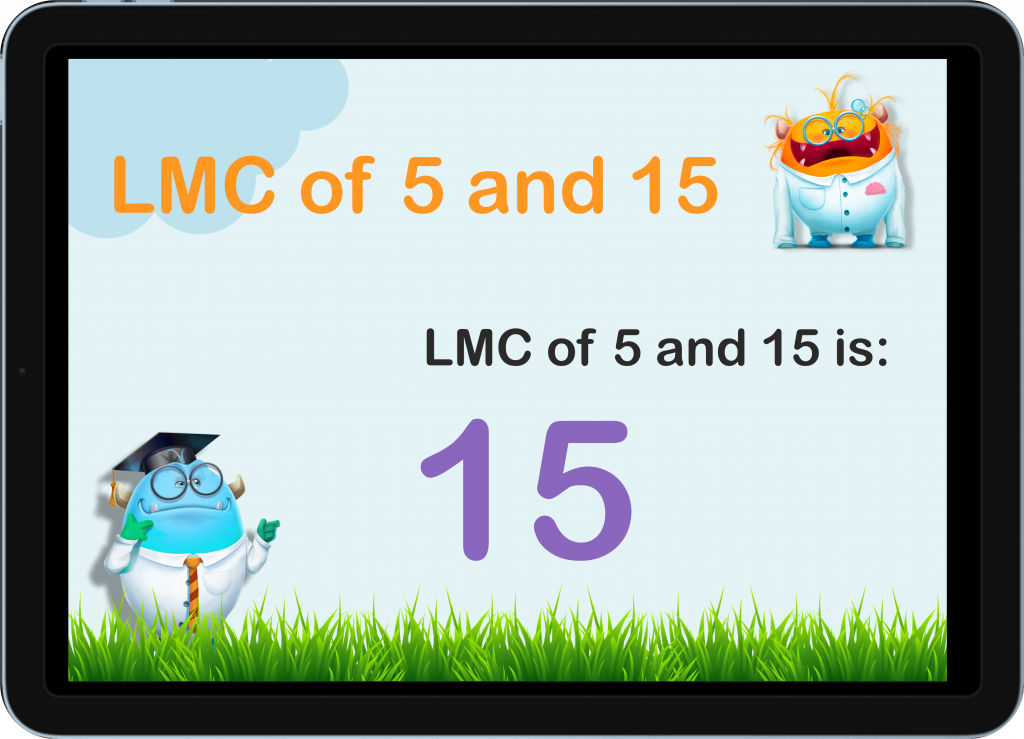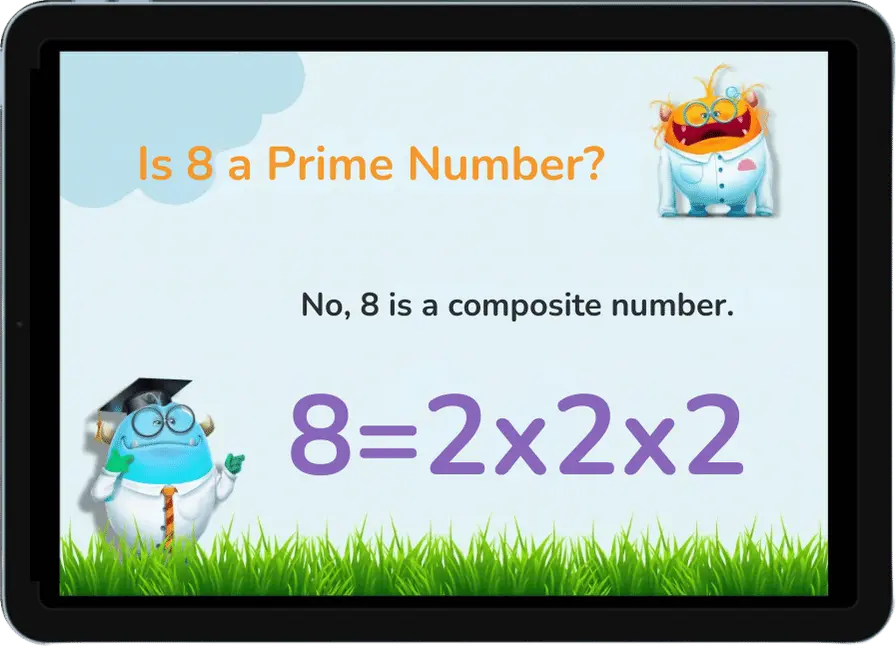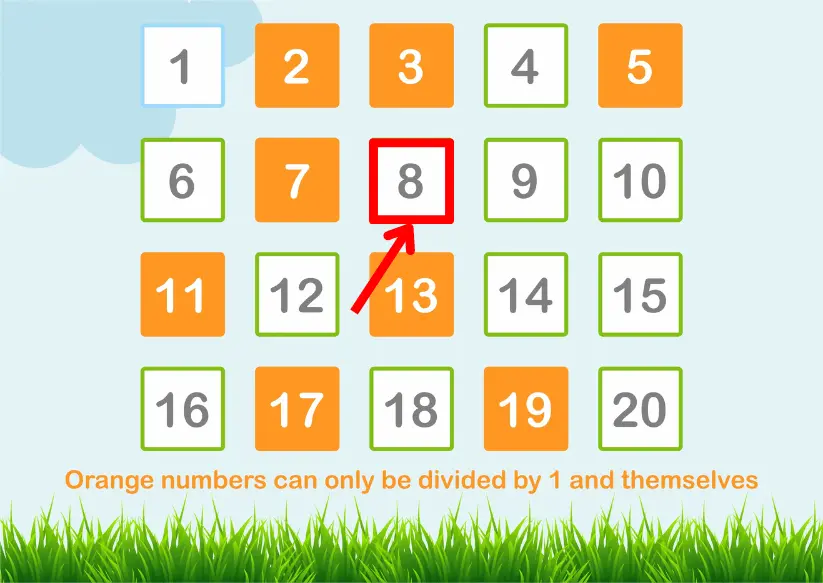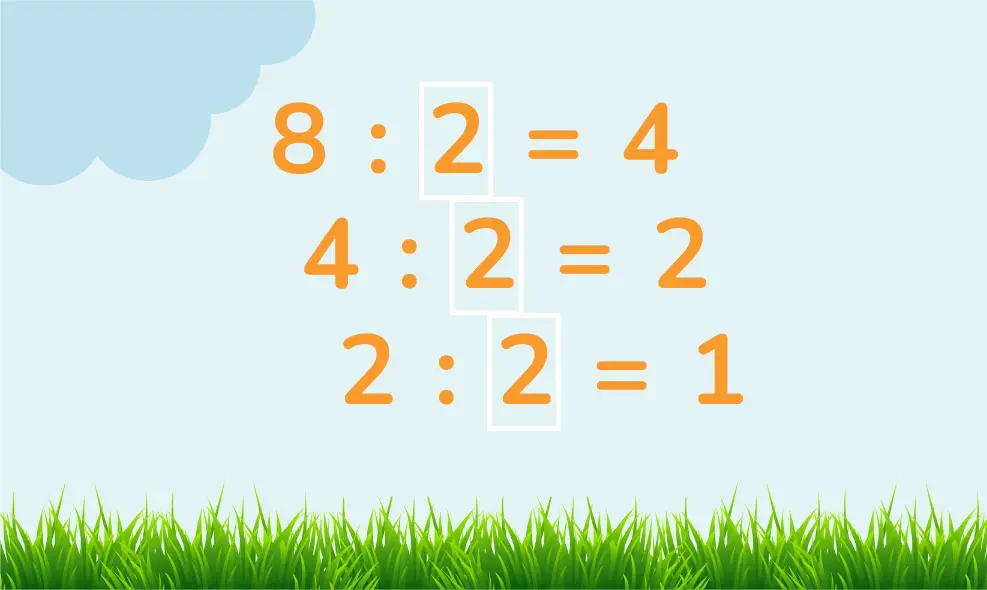Is 2 A Prime Number?
Prime vs. Composite Numbers
Greetings, young math enthusiasts! Today, let’s set sail on a mathematical voyage to determine if 2 is a prime number, and learn more about the difference between prime and composite numbers.

Is 8 a Prime Number?
Or is 8 a Composite Number?
Hey there, math explorers! Today we’re going on an adventure into the world of numbers. We’ll discover what makes some numbers prime, some composite, and why the number 8 is so special. Let’s get started!


No credit card required

No credit card required
What Are Prime Numbers?
Is 8 a Prime Number?
Why is 8 Not a Prime Number?
Why is 8 a Composite Number?
What are Prime Factors of 8?
What Type of Number is 8?
Is 8 a Semiprime Number?
What is So Special About Number 8?
Before You Go…
What Are Prime Numbers?
A prime number is like a super exclusive club. Only two members are allowed: 1 and the number itself. This means prime numbers can only be divided evenly by 1 and themselves. For example, 2, 3, and 5 are prime numbers because you can’t split them into any smaller whole numbers besides 1 and the number itself.
On the other hand, a composite number is more like a big party with lots of guests. Composite numbers can be divided by numbers other than just 1 and themselves. Numbers like 4, 6, and 8 are composite because they have more than two factors.
Is 8 a Prime Number?

Alright, now let’s focus on our star of the day: the number 8. Is 8 a prime number? Drumroll, please… No, it’s not! But why is that?
Why is 8 Not a Prime Number?
The number 8 is not a prime number because it can be divided by more than just 1 and itself. You see, 8 can be divided by 1, 2, 4, and 8. Since it has more than two factors, it’s not part of the exclusive prime number club. It’s a composite number, and that’s just as cool!
Why is 8 a Composite Number?
Yes, 8 is definitely a composite number. Remember, a composite number has more than two factors. For 8, those factors are 1, 2, 4, and 8. So, it fits right into the composite number party with all its friends!
What are the Prime Factors of 8?

Prime factors are like the building blocks of a number. To find the prime factors of 8, we need to see which prime numbers multiply together to give us 8. So, 8 can be written as 2 x 2 x 2. Here, 2 is a prime number, and since 2 x 2 x 2 = 8, the prime factors of 8 are 2, 2, and 2.
What Type of Number is 8?
So, what type of number is 8? Let’s break it down:
Composite Number: As we mentioned, 8 is a composite number because it has more than two factors.
Even Number: 8 is an even number because it can be divided by 2 without leaving a remainder. Any number ending in 0, 2, 4, 6, or 8 is considered even.
Real Number: 8 is a real number, which means it’s a value that represents a quantity along a continuous line. All rational and irrational numbers are real numbers.
Natural Number: 8 is a natural number because it’s a positive integer. Natural numbers are used for counting (1, 2, 3, 4, …).
Whole Number: 8 is also a whole number, which includes all natural numbers and the number 0.
Is 8 a Semiprime Number?
A semiprime number is a number that is the product of exactly two prime numbers. For example, 6 is a semiprime because it’s 2 x 3. But 8 is not a semiprime number because it’s the product of three prime numbers (2 x 2 x 2). So, 8 is not semiprime.
What is So Special About Number 8?
Now that we’ve covered the basics, let’s dive into some fun facts about the number 8:
Lucky Number: In many cultures, 8 is considered a lucky number. In Chinese culture, 8 is associated with wealth and prosperity because it sounds like the word for “prosper” or “wealth.”
Octagons: The number 8 is related to the shape octagon, which has eight sides. Think about stop signs—they’re octagons!
Eight Planets: Our solar system has eight planets: Mercury, Venus, Earth, Mars, Jupiter, Saturn, Uranus, and Neptune.
Eight Legs: Spiders have eight legs, making them part of the arachnid family.
Eight Notes: In music, an octave is a series of eight notes. The sound of music scales up and down in groups of eight notes.
Magic 8-Ball: The Magic 8-Ball is a toy used for fortune-telling or seeking advice, and it has the number 8 on it.
Infinity Symbol: If you turn the number 8 on its side, it looks like the symbol for infinity (∞), which represents something that goes on forever.
Hanukkah: Hanukkah, the Jewish festival of lights, lasts for eight days and nights.
Before You Go…
So, there you have it! The number 8 is a fascinating composite number with lots of interesting properties and fun facts. It’s not a prime number, but that’s what makes numbers so exciting—each one is unique in its own way. Keep exploring the world of numbers, and you’ll find even more amazing facts and tricks! Happy learning!
Learn More About Prime Numbers
© 2024 Smartick. All Rights Reserved.
